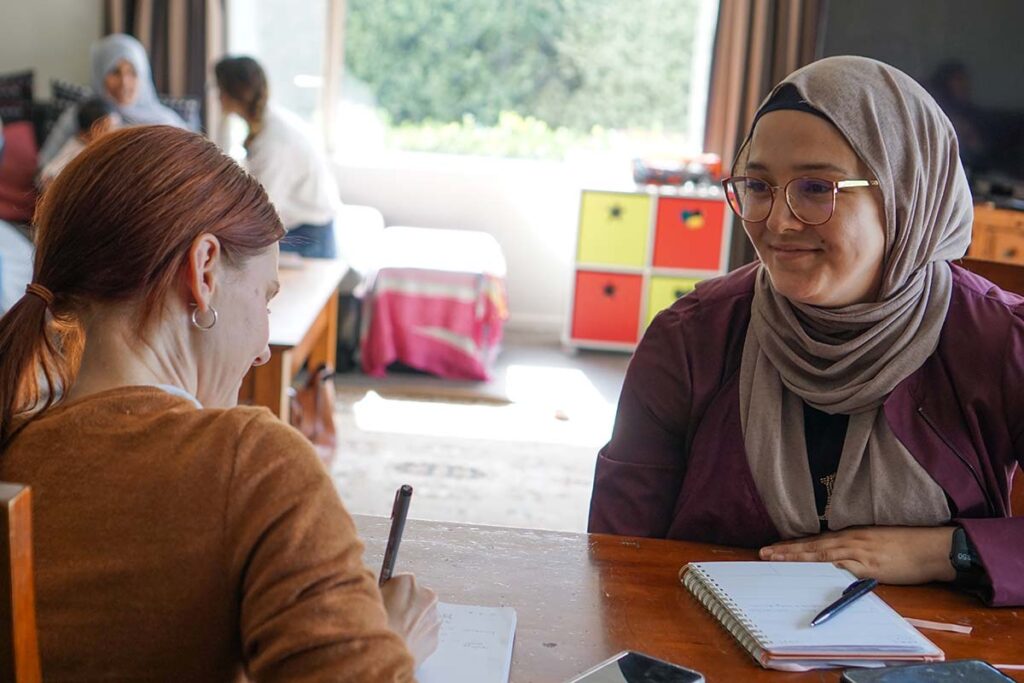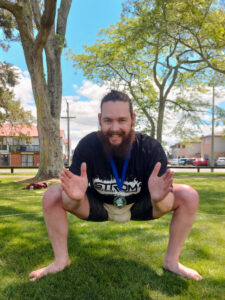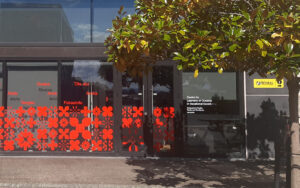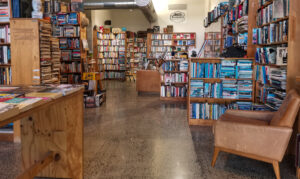Ramadan: A Human Connection

Muslims constitute one percent of the New Zealand population and the numbers are growing. According to Victoria University Centre of Applied Cross-cultural Research, the Muslim faith has become more prevalent and it has influenced local communities. One way we can see the influence is through the availability and labelling of Halal food, which is becoming a norm in stores rather than a specialty. With Ramadan now widely observed, this will make a difference in helping the Muslim community to feel accepted and welcome in New Zealand.
Hana Bouafif is a devoted Muslim, an IT engineer, wife, and mother of two who moved to Hamilton from Tunisia, North Africa. The move was a big adjustment, but she and her family have integrated into their life here with relative ease. However, Bouafif says it is on holidays, such as Ramadan, that she feels that pull for home. She said “The hardest part was how to deal with it [Ramadan] alone, without the help of my family; and my Mum and mother-in-law.”
Ramadan is celebrated on the ninth month of the Islamic calendar and is a sacred time of fasting,
reflection, and celebration in the Muslim faith. Healthy adults are expected to abstain from food and
water for the day. It starts each day before sunrise and is broken at sunset. According to Henry Ford College, the fast has many benefits for Muslims including; to purify the heart, renew their faith, seek forgiveness, and increase self-discipline.
Bouafif explains “For me as a Muslim woman, I am waiting for this month to show to others we are
patient, we want to understand people who are suffering. To make Salah (prayer), to be near Allah more than other months. We need to be more practical, to help others, to share food, to invite people to our house to celebrate.”
Food is a big part of Ramadan. Not only from a ritualistic perspective but the importance of breaking the fast, known as iftar. According to a 2019 documentary ‘The Food of Ramadan’, “After dusk Muslims break their fast with a meal called the iftar, often eaten with family members or with the local community at a mosque. It is important as a gathering of a community that comes together to create and eat delicious food.”
Bouafif says, it doesn’t need to be complicated especially if a busy mother in a modern world.
“For me, it is not about eating. It is about being satisfying. It should be simple; there should not be a waste of food. It’s about taking what you need, nothing more. I will prepare day by day. That should be enough for us as a small family and if friends come.”
A Muslim’s Ramadan experience is relatable to people of all walks of life as we all share events with their friends and families. Celebrating with food and drink as a community is not a cultural singularity but an element of being human. Whether celebration or consolation, a community gathers to partake in the food and be together. A time to laugh, cry, share experiences, or catch up. It is a uniting ritual that a global community can identify with as a common language. One that we should welcome and accept here in Aotearoa.




